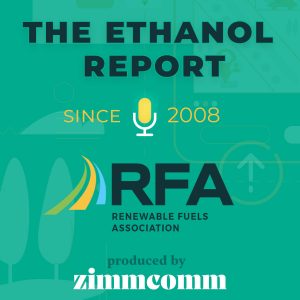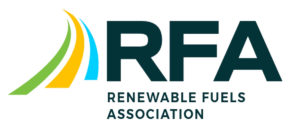 USDA began accepting applications Friday for grants from the new Higher Ethanol Blends Infrastructure Program, or HBIIP, and the Renewable Fuels Association is hosting two webinars this month to guide fuel retailers and others in the process.
USDA began accepting applications Friday for grants from the new Higher Ethanol Blends Infrastructure Program, or HBIIP, and the Renewable Fuels Association is hosting two webinars this month to guide fuel retailers and others in the process.
“U.S. ethanol producers today are facing the worst economic conditions in the industry’s 40-year history due to COVID-19; once the pandemic is over and fuel markets are showing signs of recovery, expanding infrastructure via the Higher Blends Infrastructure Incentive Program will be important to the long-term future of the ethanol industry and rural America,” said RFA President and CEO Geoff Cooper. “We want to do all we can to make sure retailers and other have the information they need to participate in this important program, and we thank the USDA for its efforts to support the future of renewable fuels.”
The RFA-USDA webinars will be held at 2 p.m. CDT on Friday, May 22, and Thursday, May 28, and cover the same information. They will last for approximately 45 minutes.
WEBINAR 1: Friday, May 22. Register for Webinar 1 here
WEBINAR 2: Thursday, May 28. Register for Webinar 2 here.
For additional information about HBIIP, visit EthanolRFA.org/HBIIP.
USDA’s Higher Ethanol Blends Infrastructure Program is a $100 million grant program designed to expand the availability and sale of higher blends of ethanol like E15 and E85, as well as other renewable fuel blends. Approximately $86 million of the $100 million will be made available to transportation fueling facilities including fueling stations, convenience stores, hypermarket fueling stations, fleet facilities, and similar entities. USDA began accepting applications for funding for the HBIIP program on May 15, and electronic applications must be submitted by 11:59 p.m. EDT Aug. 13, 2020. USDA expects to announce awards mid-September 2020.











